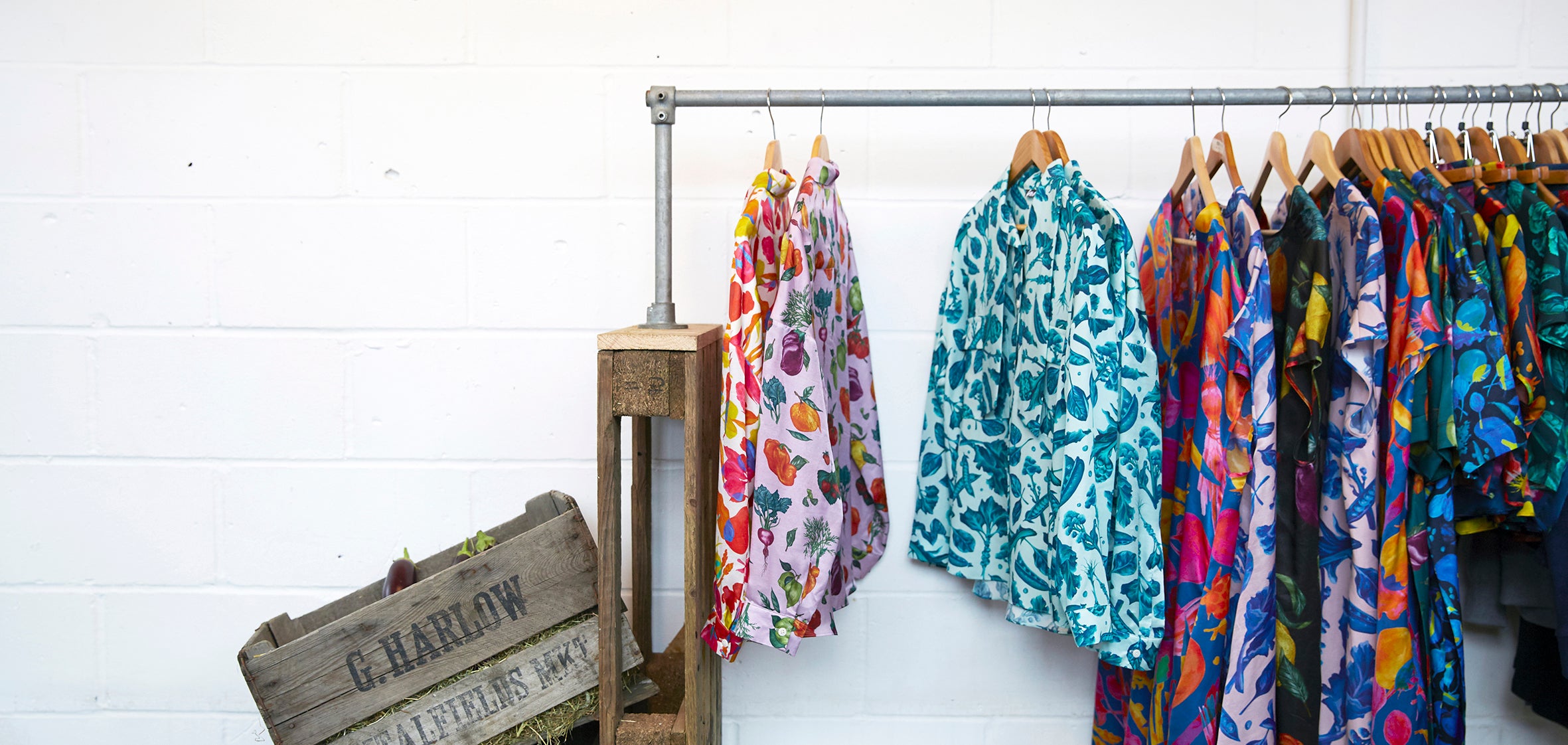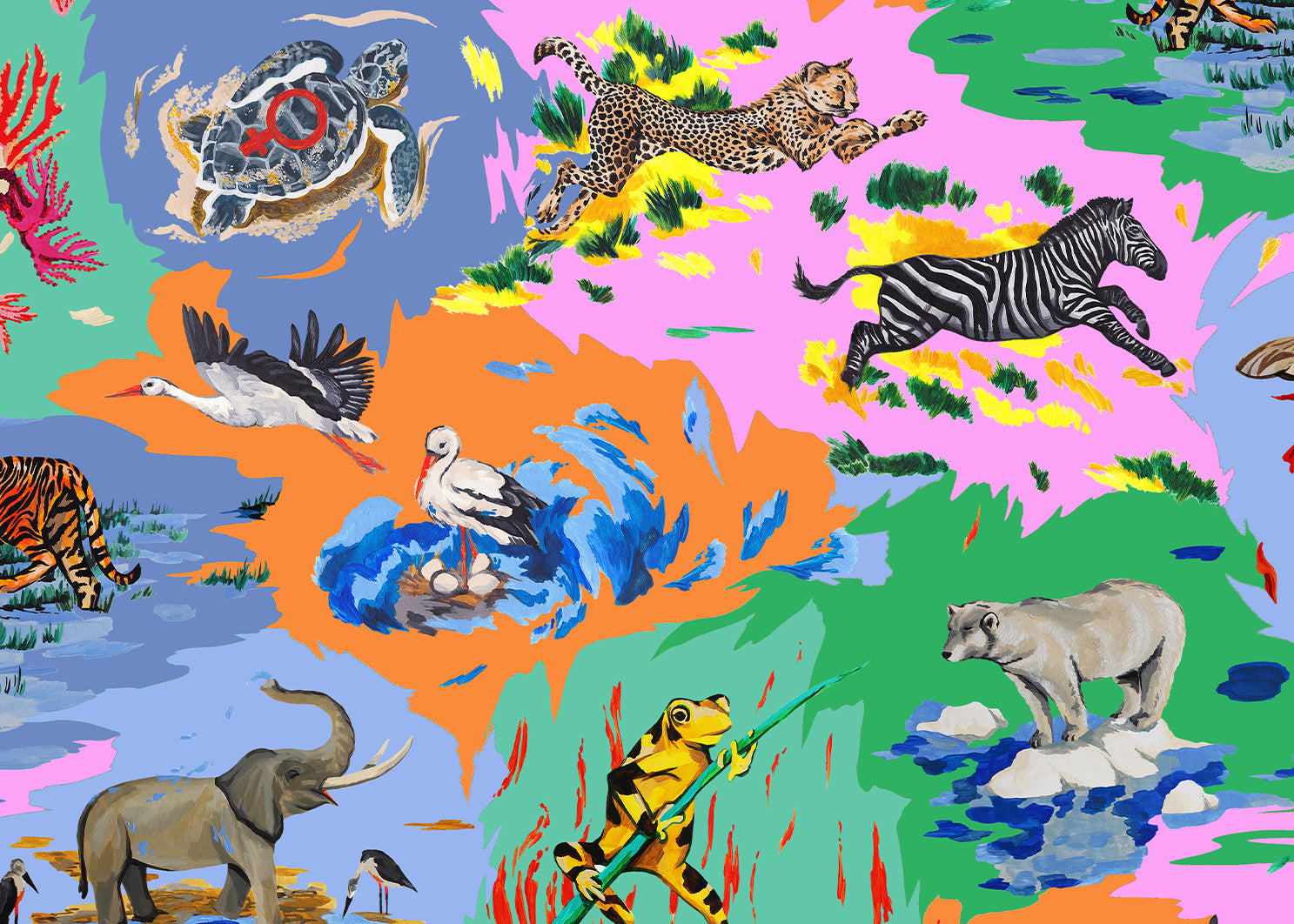Changing Climate.

THE ISSUE
Our planet is warming faster than at any time in the past 10,000 years. We are facing new extreme weather conditions such as drought, extreme heat, extreme precipitation, hurricanes, tornadoes and wildfires. In the past century alone, the temperature has climbed 0.7 degrees Celsius, roughly ten times faster than the average rate of ice-age-recovery warming - with 9 out of the 10 warmest years on record globally having occurred since 2005.
Extreme weather events are influenced by a range of different factors. However, studies in ‘Extreme Event Attribution’ have shown that human-induced climate change makes these events more severe and more likely to happen. (Source: National Academies of Science)
For example, a storm the size of Hurricane Harvey in 2017 was found to be at least 3 times more likely due to climate change.
Other attribution analysis has shown that 69% of the 355 extreme weather events and trends between 2011 - 2019 were made more likely or more severe by human-induced climate change.
This garment is designed to start conversations around these weather changes. The epitome of Climate Change in a print, this design highlights the clashing weather conditions that will become ever more frequent and ever more extreme as temperatures rise. Look closer to see a base of mismatched, unpredictable forecasts that shouldn't fit together, much like the jarring silhouettes inside the design.
IT’S IMPORTANCE
The planet is reacting to greenhouse gas emissions - something we all need to be aware of. This is going to impact our lifestyles on a huge scale - everything from the food we eat, the jobs we have, to where we live will be affected. Climate refugees or climate migrants are people who were forced to flee "due to sudden or gradual alterations in the natural environment related to sea-level rise, extreme weather events, and drought and water scarcity.” Of the 28 million new internally displaced people across the world in 2018, 17.2 million had to move because of disasters. This will only escalate as our climate changes.
These extreme weathers are also adding to the problem. The Australian wildfires in 2020 burnt an estimated 18.6 million hectares, with a minimum of 400 tonnes of carbon dioxide being released into the atmosphere - and that’s not even thinking about the wildlife affected.
There is a huge humanitarian and financial incentive too. $67bn of damage from Hurricane Harvey in 2017 is attributed to climate breakdown in the Caribbean and US, killing 89 people. These disasters will affect everyone and will occur everywhere. London is currently 11m above sea level - a study in 2015 by Climate Central says that if temperatures were to increase by around 3.2°C the seas could rise by as much as 10 meters. It’s scary, but it’s time to get involved and inspire others to change the course we are on.
As temperatures continue to rise, rainfall will increasingly become a beast of extremes: long dry spells vs dangerous floods – and in some places, intense water shortages. As early as 2025, the World Health Organization estimates that half of the world’s population will be living in water-stressed areas.
Although a shortage of clean drinking water is the most immediate threat to human health, water scarcity can have far-reaching consequences. Diminished flows in rivers & streams can increase concentration of pollutants. When people can’t get enough water for sanitation, respiratory and gastrointestinal illnesses tend to spread more easily. Food safety is also impacted - when soils dry out and become compacted, rain runs off the surface instead of being absorbed.
The more extreme weather we face, the more our food systems are at risk. Climate change affects food production and availability, access, quality, utilisation, and stability of food systems. The increase in natural disasters has reduced the yields of major crops and contributed to an increase in food prices and a decrease in income. The worrying thing is, these disasters have also disproportionately harmed low-income groups and their access to food.
It is recognised that unprecedented climate impacts are disproportionately burdening developing countries. We need to be responsible for our actions and the consequences they have on others.
SOME CRAZY FACTS
Jakarta, the capital of Indonesia, is sinking. It’s already sunk 2.5m in the last 10 years. Pair this with rising sea levels caused by climate change and researchers predict that by 2050, 95% of North Jakarta will be completely submerged. Indonesia plans to relocate its capital to Kalimantan, Borneo.
Forests and our climate are intrinsically linked - deforestation accounts for around 10% of global carbon dioxide emissions, and climate change of more than 2°C will destroy many of the world’s forests. It’s a downward spiral. However, restoration of degraded forests could remove 500 billion tonnes of carbon dioxide from the atmosphere.
The tropics lost 11.9 million hectares of tree cover in 2019, according to data from the University of Maryland. That’s the equivalent of losing a football pitch of primary forest every 6 seconds for the entire year.
More than 1 million species are at risk of extinction by climate change. Extinction is a natural phenomenon, claiming about five species per year. But some experts suggest we’re in the midst of the sixth mass extinction — one that is caused mostly by human activity. Scientists estimate dozens of species of plants and animals currently go extinct each day — nearly 1,000 times the natural rate.
HOW TO HELP
Become informed about the issues Climate Change is having, and how our everyday actions make a difference. From what your bank is investing in to your energy supplier, it’s not just the things we visually see that cause these issues. Find a list of everyday actions you can take to help on the Gung Ho movement blog.
After changing the things in your routine, start to look at writing to your local council or workplace about implementing changes. If people show there is demand for change then we will start to see it being enforced across legislation, giving people incentives to also get on board with these actions. It really isn’t as hard as you might think!
Talk about it. Word of mouth is powerful, so the next time someone compliments you on what you are wearing tell them all about the cause - get rid of that awkward small talk.
With this purchase you’ve donated back to Friends of the Earth, an environmental campaigning community dedicated to the wellbeing and protection of the natural world and everyone in it.
Wear your heart on your sleeve,
Gung Ho x



